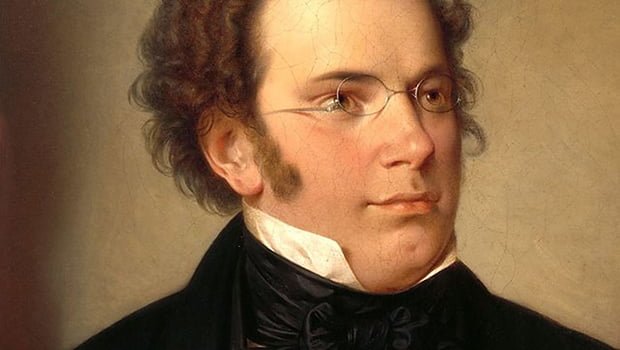
Top 10 Schubert Songs
Franz Schubert, a pivotal figure in the transition from the Classical to the Romantic era, left behind a rich legacy of compositions that continue to[…]

Franz Schubert – Biography and History
Franz Schubert, one of the most beloved composers of the 19th century, left an indelible mark on the world of classical music despite his tragically[…]